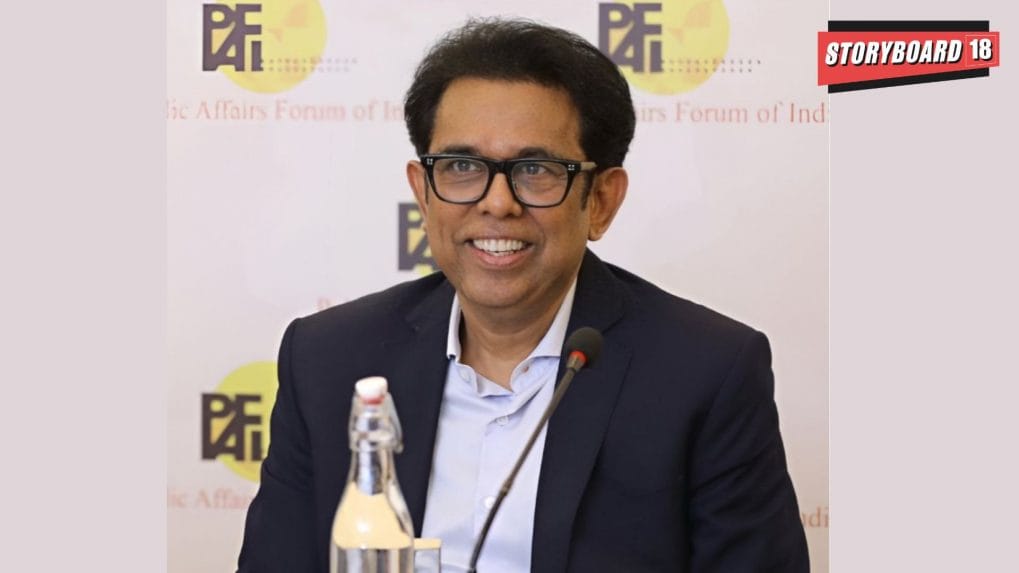Agency News
'Why buy a network that even Dentsu couldn’t fix?': Inside the gamble of Dentsu's international arm sale

Rohit Kumar Singh, former Secretary of the Department of Consumer Affairs, has been appointed to the Board of Governors (Eminent Persons Category) by the Advertising Standards Council of India (ASCI).
Singh is an Indian Administrative Service (IAS) officer of the 1989 batch, Rajasthan cadre. He superannuated on March 31st 2024, the last assignment being Secretary to the Government of India, Department of Consumer Affairs.
After graduating in Electrical Engineering from Indian Institute of Technology (IIT), Banaras Hindu University (BHU), he completed Masters in Computer Engineering from Clarkson University, New York, USA before joining the IAS.
Subsequently, he obtained Masters in Public Administration (MPA) from Harvard University, USA. At IIT BHU, he received the Director’s Outstanding Merit Award in 1982 & 1983; and the Distinguished Alumnus Award recently in December 2021. At Harvard University, he was honored as Lucius N. Littaeur Fellow 2004 for outstanding academic performance and commitment to public service.
He has worked extensively and provided leadership at the middle and senior levels in Government of India & in the state of Rajasthan across departments e.g. Consumer Affairs, National Highways, Medical & Health, Home, Information Technology, Finance, Commercial Taxes, Urban Infrastructure Development, Road Transport, Rural Development, Culture and Information & Public Relations.
He led the government initiative of reviving Public Private Partnerships (PPP) in National Highways via key policy interventions like the Hybrid Annuity Model through appropriate risk allocation among the public and private partners. He also successfully led the initiative of asset recycling of public funded national highways (Toll Operate Transfer Model) that resulted in one of the largest FDI in the highways sector amounting to USD 1.5 billion, one of the first successful asset monetization in India.
As Additional Chief Secretary of the Department of Medical, Health & Family Welfare in Rajasthan, during the first wave of Covid-19 in the year 2020, he developed and deployed the Bhilwara Model of “ruthless containment” to successfully manage the Covid upsurge in the rural and urban hot spots across Rajasthan.
He joined as secretary to the Government of India, Department of Consumer Affairs on 31st December, 2021 where he proactively worked towards containing food inflation through a multi-pronged strategy in commodities.
He facilitated computerization, video conferencing, and e-filing across National, State, and District Consumer Dispute Redressal Commissions (Consumer Courts), reducing pendency and achieving a historic feat where disposed cases exceeded filed cases.
He undertook technological upgrades for the National Consumer Helpline, enabling a multilingual (covering 17 Indian languages), omni-channel system. He also started work on using AI for faster grievance redressal and developing an ODR platform for efficient pre-litigation resolution through Mediation & Conciliation.
According to LinkedIn’s research with over 1,700 B2B tech buyers, video storytelling has emerged as the most trusted, engaging, and effective format for B2B marketers. But what’s driving this shift towards video in B2B? (Image Source: Unsplash)
Read MoreIndia’s parliamentary panel warns fake news threatens democracy, markets and media credibility, urging stronger regulation, fact-checking, AI oversight and global cooperation.